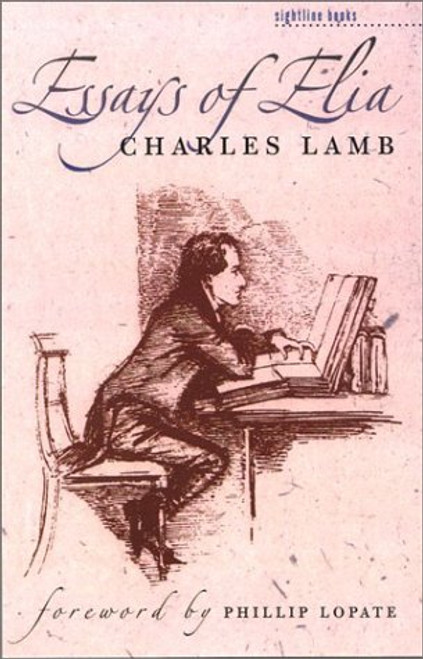Product Overview
Foreword Reviews 2015 INDIEFAB Book of the Year Award Winner in Performing Arts & Music
Anshel Brusilow started playing violin in 1933 at age five, in a Russian Jewish neighborhood of Philadelphia where practicing your instrument was as ordinary as hanging out the laundry. His playing wasnt ordinary, though. At sixteen, he was soloing with the Philadelphia Orchestra. He was also studying conducting.
Brusilows tumultuous relationships with Pierre Monteux, George Szell, and Eugene Ormandy shaped his early career. Under Szell, Brusilow was associate concertmaster at the Cleveland Orchestra until Ormandy snatched him away to make him concertmaster in Philadelphia, where he remained from 1959 to 1966. But he was unsatisfied with the violin. Even as concertmaster of the Philadelphia Orchestra, he felt the violin didnt give him enough of the music. He wanted to conduct. He formed chamber groups on the side; he conducted summer concerts of the Philadelphia Orchestra. The price was high: it ruined his father-son relationship with Ormandy. Brusilow turned in his violin bow for the baton and created his own Philadelphia Chamber Symphony. Next he took on the then-troubled Dallas Symphony Orchestra. Unhappy endings repeat themselves in his memoirand yet humor dances constantly around the edges. Musicians need it.
Brusilow played with or conducted many top-tier classical musicians and has something to say about each one. He also made many recordings. Co-written with Robin Underdahl, his memoir is a fascinating view of American classical music as well as an inspiring story of a working-class immigrant child making good in a tough arena.
Anshel Brusilow started playing violin in 1933 at age five, in a Russian Jewish neighborhood of Philadelphia where practicing your instrument was as ordinary as hanging out the laundry. His playing wasnt ordinary, though. At sixteen, he was soloing with the Philadelphia Orchestra. He was also studying conducting.
Brusilows tumultuous relationships with Pierre Monteux, George Szell, and Eugene Ormandy shaped his early career. Under Szell, Brusilow was associate concertmaster at the Cleveland Orchestra until Ormandy snatched him away to make him concertmaster in Philadelphia, where he remained from 1959 to 1966. But he was unsatisfied with the violin. Even as concertmaster of the Philadelphia Orchestra, he felt the violin didnt give him enough of the music. He wanted to conduct. He formed chamber groups on the side; he conducted summer concerts of the Philadelphia Orchestra. The price was high: it ruined his father-son relationship with Ormandy. Brusilow turned in his violin bow for the baton and created his own Philadelphia Chamber Symphony. Next he took on the then-troubled Dallas Symphony Orchestra. Unhappy endings repeat themselves in his memoirand yet humor dances constantly around the edges. Musicians need it.
Brusilow played with or conducted many top-tier classical musicians and has something to say about each one. He also made many recordings. Co-written with Robin Underdahl, his memoir is a fascinating view of American classical music as well as an inspiring story of a working-class immigrant child making good in a tough arena.







